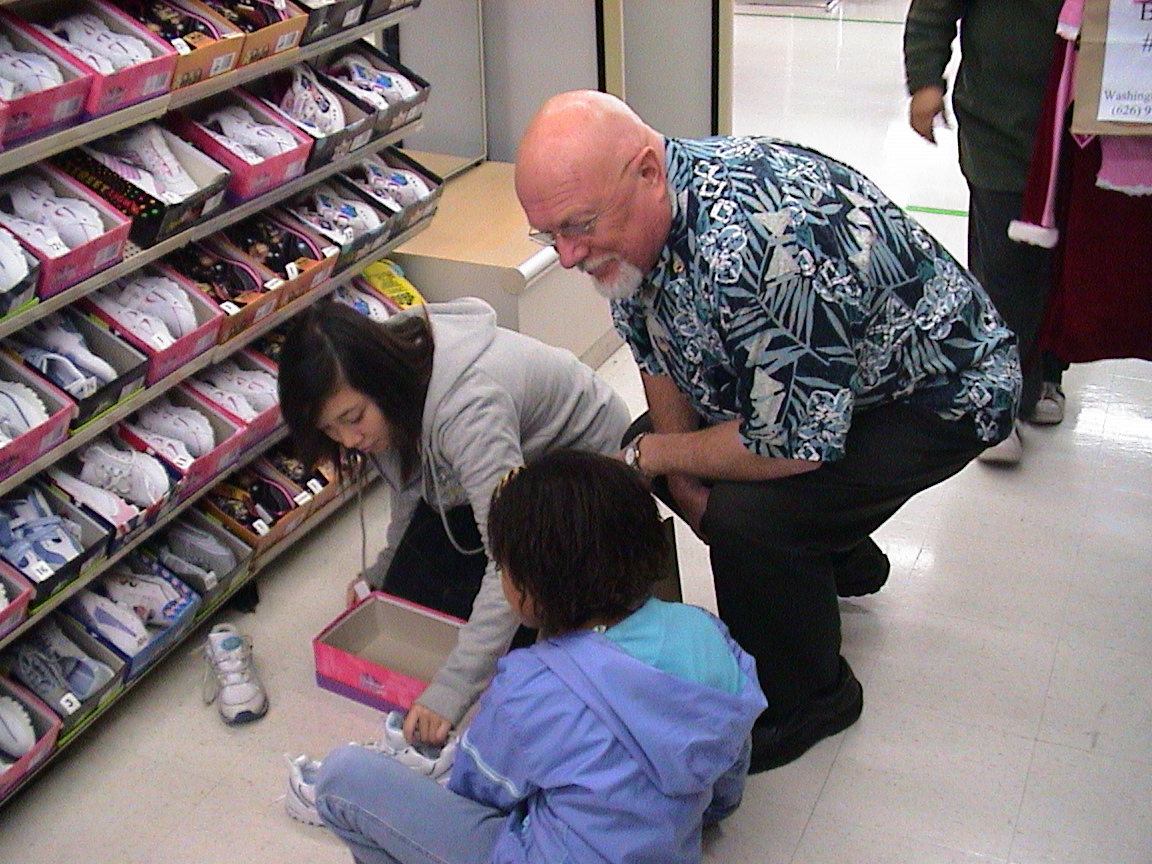The Intersection of Faith and Mental Health
The Intersection of Faith and Mental Health
The intersection of faith and mental health is a complex and multifaceted topic that has gained significant attention in recent years. As we navigate the challenges of modern life, many of us are turning to our faith and spirituality as a source of comfort, strength, and guidance. But what exactly is the relationship between faith and mental health? Can our spiritual beliefs and practices really impact our mental wellbeing? In this article, we'll delve into the role of spirituality in modern wellness and explore the ways in which faith can intersect with mental health.
The Role of Mindfulness and Meditation in Faith Traditions
Mindfulness and meditation are practices that have been used for centuries in various faith traditions to cultivate a sense of inner peace, calm, and connection to a higher power. These practices involve focusing one's attention on the present moment, often through breathwork, mantra repetition, or physical postures. As "the mind is a powerful tool, and when we learn to harness its power, we can achieve great things," says Dr. Andrew Weil, a renowned expert in the field of integrative medicine. By incorporating mindfulness and meditation into our daily routine, we can reduce stress, anxiety, and depression, while also improving our overall mental health and wellbeing.
The role of mindfulness and meditation in faith traditions is particularly significant, as these practices are often seen as a way to connect with a higher power or divine presence. In many faiths, mindfulness and meditation are used as a means of spiritual growth and development, allowing individuals to deepen their understanding of themselves and the world around them. For example, in Buddhism, mindfulness and meditation are used to cultivate a sense of awareness and insight, while in Christianity, these practices are often used to connect with God and experience a sense of inner peace.

How Spiritual Practices Can Help Alleviate Symptoms of Anxiety and Depression
Spiritual practices such as prayer, yoga, and meditation have been shown to have a positive impact on mental health, particularly in terms of alleviating symptoms of anxiety and depression. These practices can help individuals develop a sense of calm and inner peace, while also providing a sense of connection to a larger community or higher power. As "spirituality is a powerful tool for healing, and when we incorporate spiritual practices into our daily routine, we can experience significant improvements in our mental health and wellbeing," says Dr. Harold Koenig, a leading expert in the field of spirituality and mental health.
One of the key ways in which spiritual practices can help alleviate symptoms of anxiety and depression is by providing a sense of meaning and purpose. When we feel connected to a higher power or divine presence, we can experience a sense of transcendence and awe, which can help us put our problems into perspective. Additionally, spiritual practices such as prayer and meditation can help us develop a sense of self-compassion and self-awareness, which is essential for managing symptoms of anxiety and depression.
The Importance of Self-Care and Self-Compassion in Maintaining Mental Wellness
Self-care and self-compassion are essential components of maintaining mental wellness, particularly in terms of managing stress, anxiety, and depression. When we prioritize our own needs and take care of ourselves, we can experience significant improvements in our mental health and wellbeing. As "self-care is not selfish, it's essential," says Dr. Kristin Neff, a leading expert in the field of self-compassion. By incorporating self-care practices such as exercise, healthy eating, and relaxation into our daily routine, we can reduce stress and anxiety, while also improving our overall mental health and wellbeing.
In terms of faith and spirituality, self-care and self-compassion are particularly important, as these practices can help us develop a sense of inner peace and connection to a higher power. When we prioritize our own needs and take care of ourselves, we can experience a sense of spiritual growth and development, which can help us navigate the challenges of modern life. For example, in many faith traditions, self-care and self-compassion are seen as essential components of spiritual growth, as they allow individuals to develop a sense of self-awareness and self-acceptance.
Personal Stories of How Faith Has Helped Individuals Cope with Mental Health Challenges
There are many personal stories of how faith has helped individuals cope with mental health challenges, from anxiety and depression to trauma and addiction. These stories are a testament to the power of faith and spirituality in transforming lives and promoting mental wellness. For instance, some people have found that their faith has provided them with a sense of purpose and meaning, which has helped them navigate difficult times. Others have found that their faith has given them a sense of connection to a higher power, which has helped them feel less alone and more supported.
Here are some examples of how faith has helped individuals cope with mental health challenges:
- A person who struggled with anxiety found that prayer and meditation helped them feel more calm and centered
- A person who experienced trauma found that their faith community provided them with a sense of support and connection
- A person who struggled with depression found that their faith gave them a sense of purpose and meaning, which helped them feel more motivated and inspired
- A person who struggled with addiction found that their faith provided them with a sense of accountability and support, which helped them stay on the path to recovery
Expert Insights on the Intersection of Faith and Mental Health
Experts in the field of faith and mental health agree that there is a significant intersection between the two. As "faith and mental health are intimately connected, and when we neglect one, we risk neglecting the other," says Dr. Allen Bergin, a leading expert in the field of faith and mental health. By incorporating faith and spirituality into our mental health practices, we can experience significant improvements in our overall wellbeing.
In terms of the role of faith in mental health, experts agree that it can play a significant role in promoting mental wellness. Faith can provide individuals with a sense of purpose and meaning, which can help them navigate difficult times. Additionally, faith can provide individuals with a sense of connection to a higher power, which can help them feel less alone and more supported. As "faith is a powerful tool for healing, and when we incorporate it into our mental health practices, we can experience significant improvements in our overall wellbeing," says Dr. Bergin.
Finding Solace in Unexpected Places
As we explore the intersection of faith and mental health, it's interesting to note that people often find solace in unexpected places. For some, it may be in the quiet moments of meditation or the comfort of a supportive community. For others, it may be in the thrill of trying their luck and testing their fate, which can be a fascinating parallel to the concept of faith. As we navigate the complexities of life, we may find ourselves drawn to experiences that offer a sense of excitement and unpredictability, such as trying out a new game at Brick Snake 2000 slot demo (NoLimit City), which can provide a much-needed distraction and mental break. By embracing these unexpected sources of comfort and joy, we can cultivate a more nuanced understanding of what it means to find peace and solace in a chaotic world, and perhaps even discover new ways to nurture our mental wellbeing.
Conclusion
In conclusion, the intersection of faith and mental health is a complex and multifaceted topic that has significant implications for our overall wellbeing. By incorporating faith and spirituality into our mental health practices, we can experience significant improvements in our mental health and wellbeing. Whether through mindfulness and meditation, spiritual practices, self-care and self-compassion, or personal stories of faith and resilience, there are many ways in which faith can intersect with mental health. As we continue to navigate the challenges of modern life, it's essential that we prioritize our mental health and wellbeing, and that we explore the many ways in which faith and spirituality can support us on this journey.




Comments
Post a comment